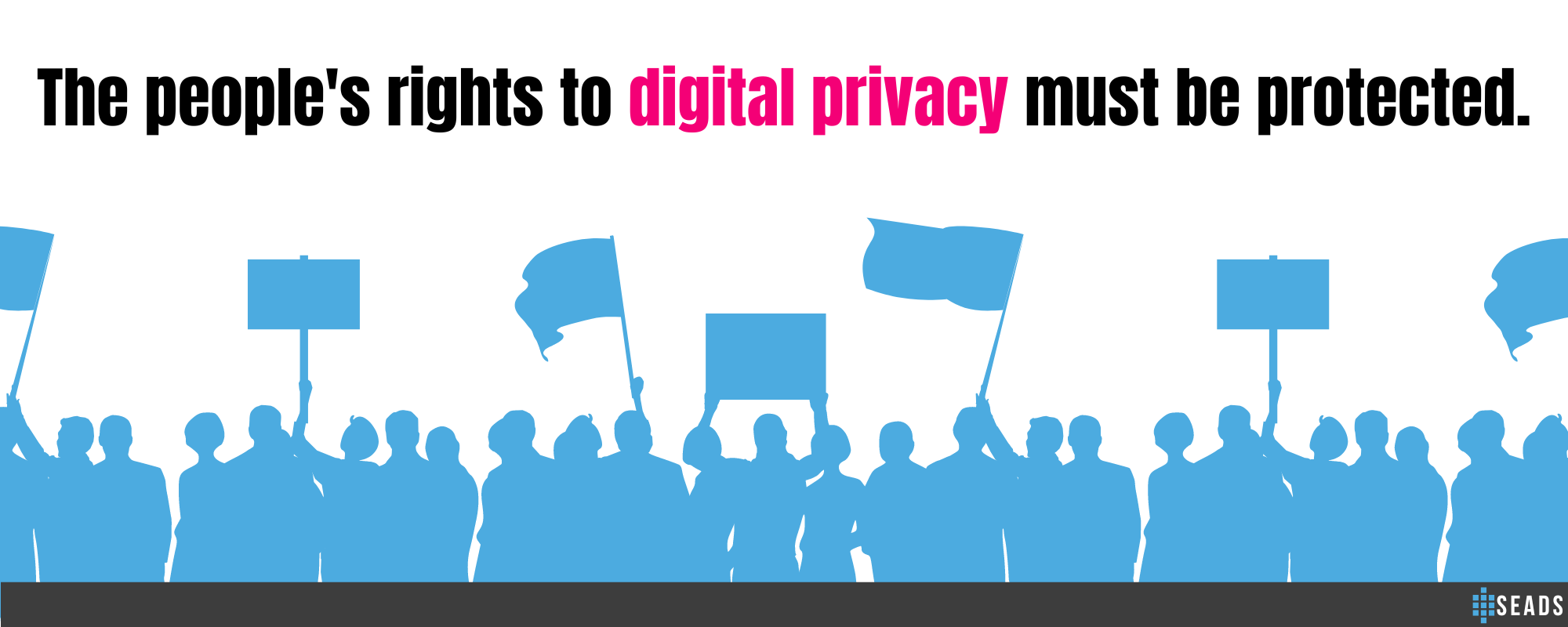Thailand is gearing up for its next general election on May 14th, and digital advocates are raising their voices, calling for political parties to focus on regaining freedom of expression and digital rights for its citizens. EngageMedia, a Southeast Asian nonprofit organization that promotes digital rights and secure yet accessible technology, recently published a report called “4-Point Digital Rights Agenda for Political Parties” to highlight the pressing need for such issues to be addressed by political parties.

The report focuses on four key areas: freedom of expression, access to information, the right to privacy, and combating online disinformation.
- In Thailand, freedom of expression is highly guarded, but there are Penal Code laws such as Article 112, 116, and the Computer Crime Act that are used to attack human rights activists and government critics online. This creates a culture of fear of prosecution and self-censorship.
- Similarly, access to information in Thailand is still an issue despite the Official Information Act. The country’s government disregards transparency and rejects petitions and requests from online platforms and providers to censor sensitive content. This creates a gap in information that could otherwise be accessible to the citizens of Thailand.
- The right to privacy is also a major concern in Thailand, and digital advocates are calling for political parties to ensure data privacy by avoiding the gathering and storing of sensitive and private information without citizens’ consent. National security should not be used to abuse the tracking of such data, and the military should stop the use of cracking software to store people’s data.
- Finally, the report highlights the need for combating online disinformation. With digital transformation happening, citizens should be able to distinguish which information is factual or not. The government should outline measures on fact-checking and align these with international standards.
There is a call for reforms and tightening laws to protect the rights and privacy of Thai citizens. Around 2020-2022, the country’s military was revealed to have employed over 17,000 personnel to participate in pro-government narratives as a tactic to uplift the government, despite it being heavy on disinformation. This put 21 known activists in danger, some of which are Angkhana Neelapaijit and Anchana Heemmina, who criticized the mistreatment of Muslim minorities in the three most prominent provinces in the country.

Groups are also calling to close the Anti-Fake News Center, which is said to be used by the government to weaponize false information to instil fear in advocates, critics, and activists. Digital advocates like EngageMedia are calling on political parties to address these issues and make digital rights and freedom of expression a top priority.
It is hoped the report’s recommendations will be taken seriously by political parties and they will take steps to ensure that digital rights and freedom of expression are protected in Thailand.